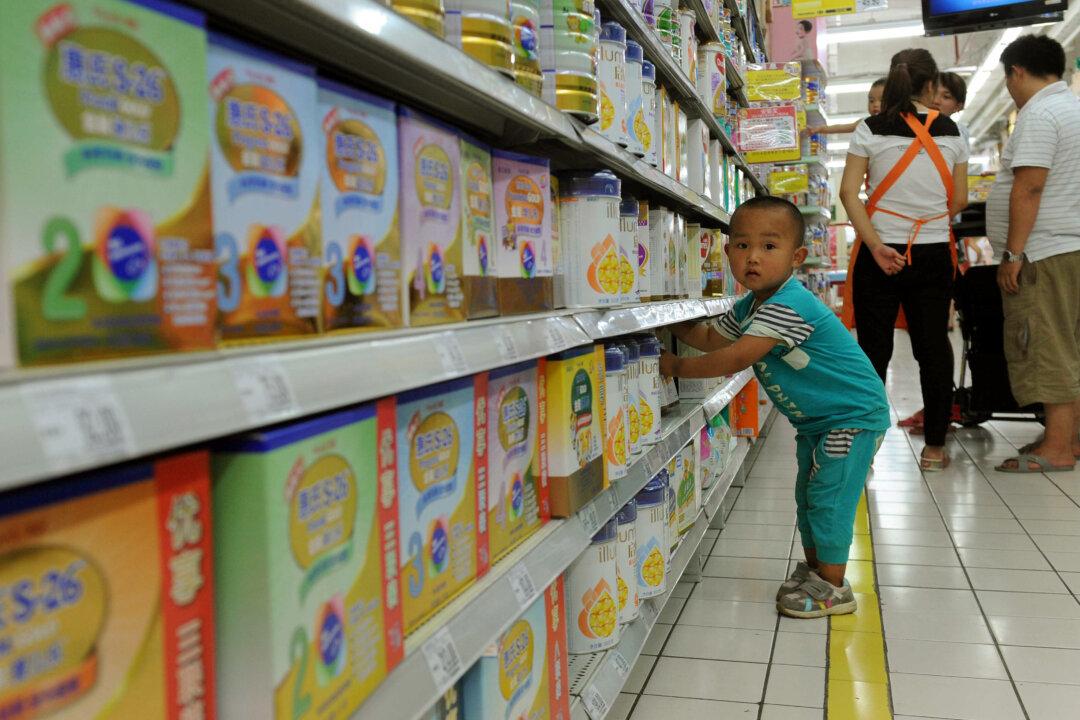In China, two glaring social problems exacerbate the financial burdens of parents: food safety and unethical teachers.
Chinese parents have to fork out more than in other countries to buy baby formula, then pay extra to keep their children at so-called cram schools, where teachers charge high fees, to give them a chance at excelling academically.



